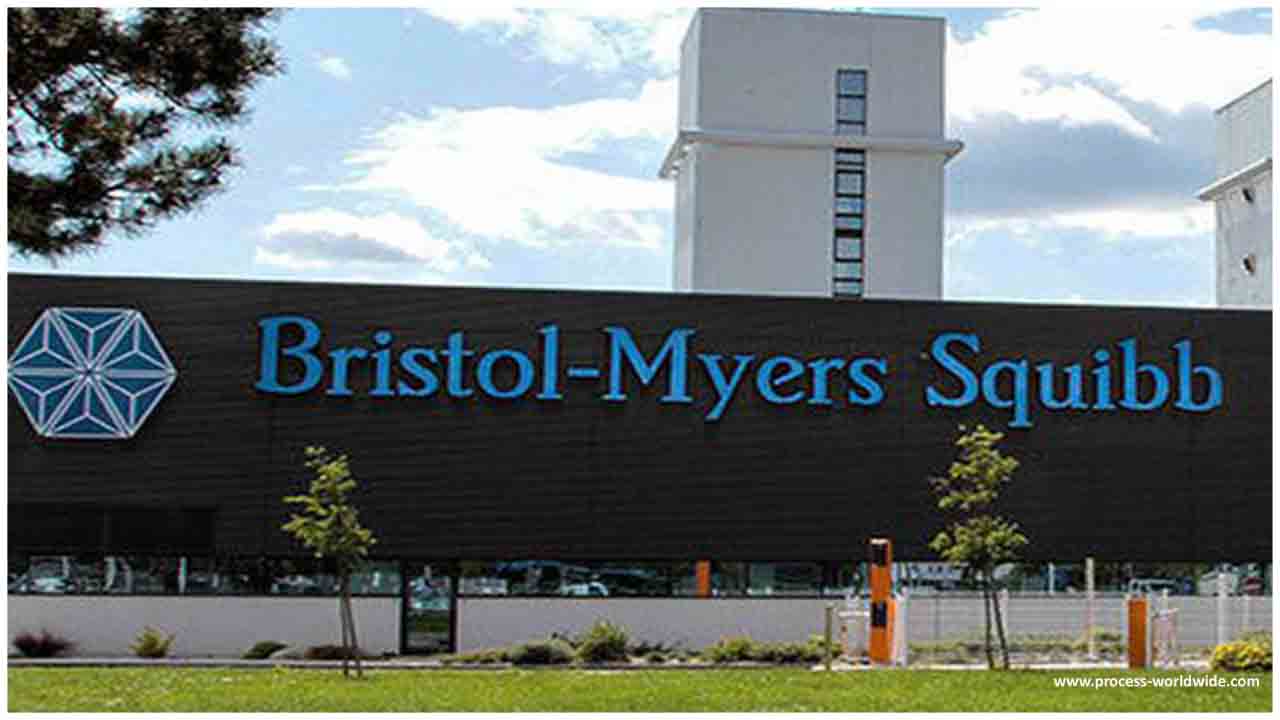Bristol Myers Squibb and Forbius, a privately held, clinical-stage protein engineering company that designs and develops biotherapeutics for the treatment of cancer and fibrotic diseases, recently announced that they have entered into a definitive agreement under which Bristol Myers Squibb will acquire Forbius. Forbius has developed a portfolio of highly selective and potent inhibitors of TGF-beta 1 & 3, which are key mediators of immunosuppression and fibrosis. The transaction includes an upfront payment and future success-based milestone payments. Prior to closing, Forbius’ non-TGF-beta assets will be transferred to a newly formed private company, which will be retained by Forbius’ existing shareholders.
The companies anticipate completing the transaction in the fourth quarter of 2020, subject to the satisfaction of customary closing conditions.
Under this transaction, Bristol Myers Squibb would acquire Forbius’s TGF-beta program, including the program’s lead investigational asset, AVID200. TGF-beta is a key cytokine that regulates various cell processes, including regulation of the immune system. Selective inhibition of TGF-beta 1 & 3 may enhance anti-tumor efficacy by acting synergistically with immunotherapy. Bristol Myers Squibb intends to initially focus research and development efforts of AVID200 in oncology and may consider advancing the asset in other disease areas, such as fibrosis.
“With this acquisition, we extend our leading position in oncology by including new pathways that complement our expansive oncology pipeline with the potential to serve more patients with cancer, including those who may not respond to immunotherapy,” said Rupert Vessey, Executive Vice President & President, Research & Early Development, Bristol Myers Squibb. “As a science driven company, this transaction shows our continued commitment to source innovation internally and externally to develop new treatments for patients with significant unmet medical needs.”
“Our portfolio of highly selective TGF-beta inhibitors has shown potential across a broad range of therapeutic areas,” said Ilia A. Tikhomirov, President and CEO of Forbius. “We are proud that Bristol Myers Squibb recognizes this potential given their global leadership in oncology and unique position to translate innovative science into meaningful treatments for patients with cancer across the globe.”
TGF-beta isoforms 1 & 3 are believed to be central mediators of tumor microenvironment (TME). Selective inhibition of TGF-beta 1 & 3 is proposed to enhance anti-tumor efficacy by acting synergistically with immunotherapy and has broad potential as an anti-fibrotic therapy across several indications with high unmet need.
AVID200 is a highly potent and isoform-selective TGF-beta inhibitor. AVID200 neutralizes TGF-beta 1 and -beta 3 with picomolar potency. These isoforms are known to be drivers of fibrosis and tumor immune resistance. In contrast, TGF-beta 2 is a positive regulator of hematopoiesis and normal cardiac function, and blockade of TGF-beta 2 is therefore undesirable. The ability of AVID200 to selectively target TGF-beta 1 and -beta 3 positions it to be an effective and well-tolerated therapeutic in fibrotic diseases and immuno-oncology.

 Forbius’s lead TGF-beta asset, AVID200, is an isoform-selective TGF-beta inhibitor, currently in phase 1 for oncology and fibrosis
Forbius’s lead TGF-beta asset, AVID200, is an isoform-selective TGF-beta inhibitor, currently in phase 1 for oncology and fibrosis



















.jpeg)

.jpeg)
.jpeg)
.jpeg)

.jpeg)
.jpeg)
.jpeg)
_(1).jpeg)

_(1)_(1)_(1).jpeg)
.jpeg)
.jpeg)
.jpeg)






